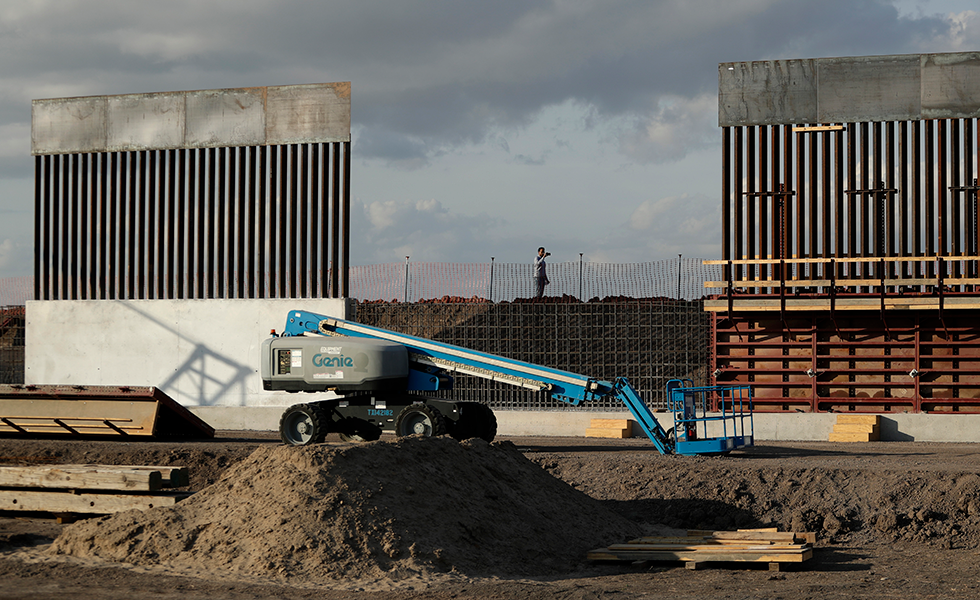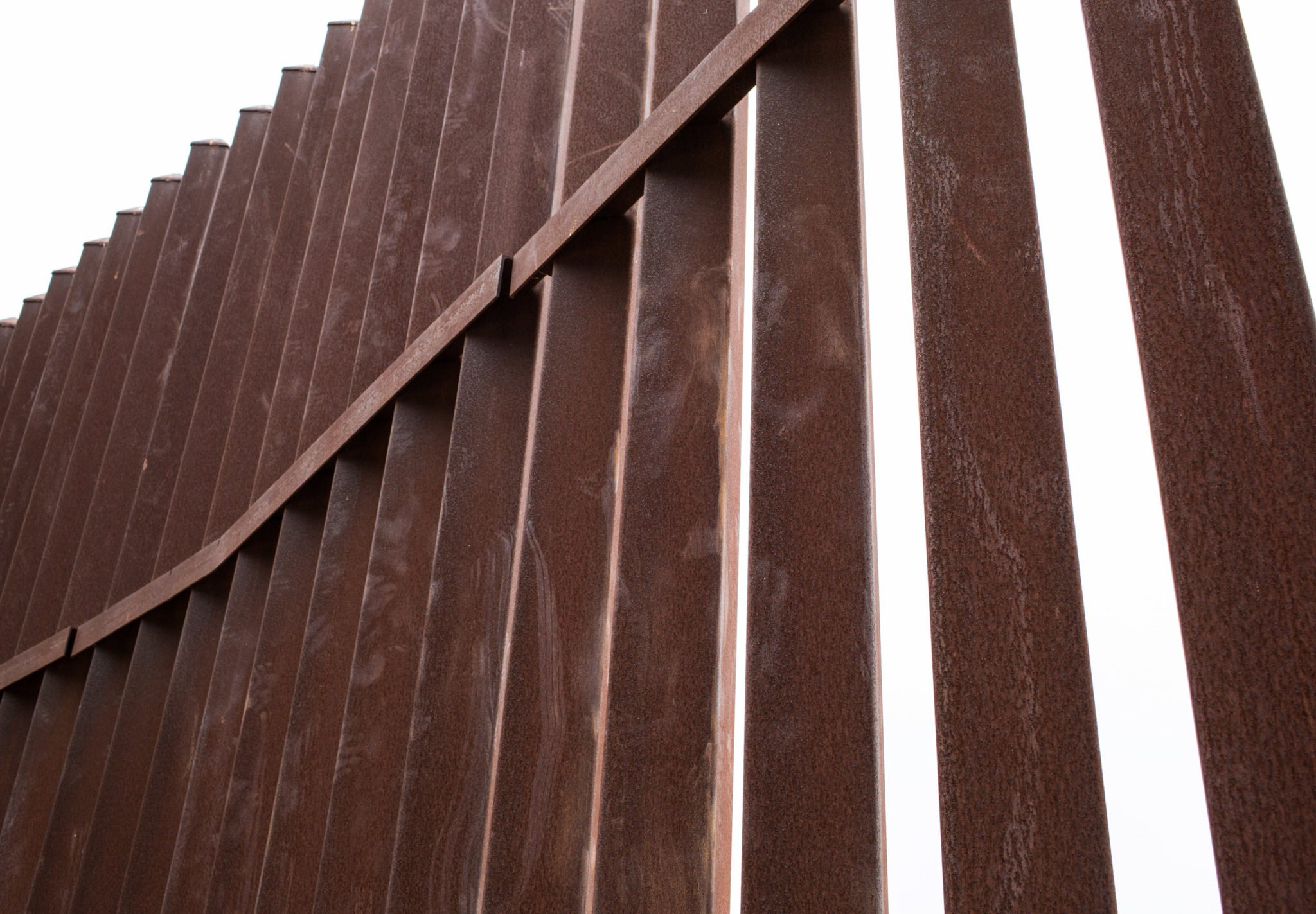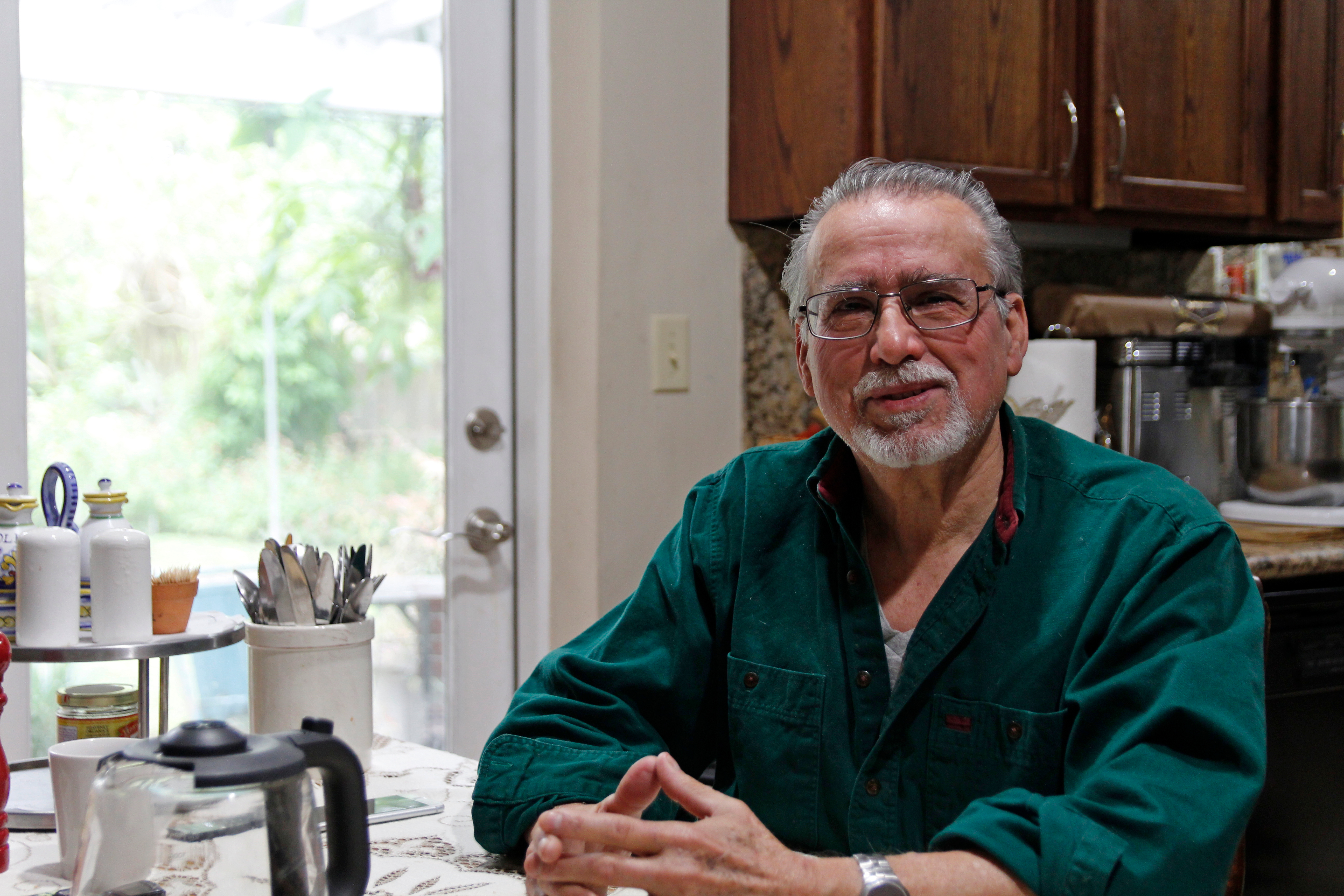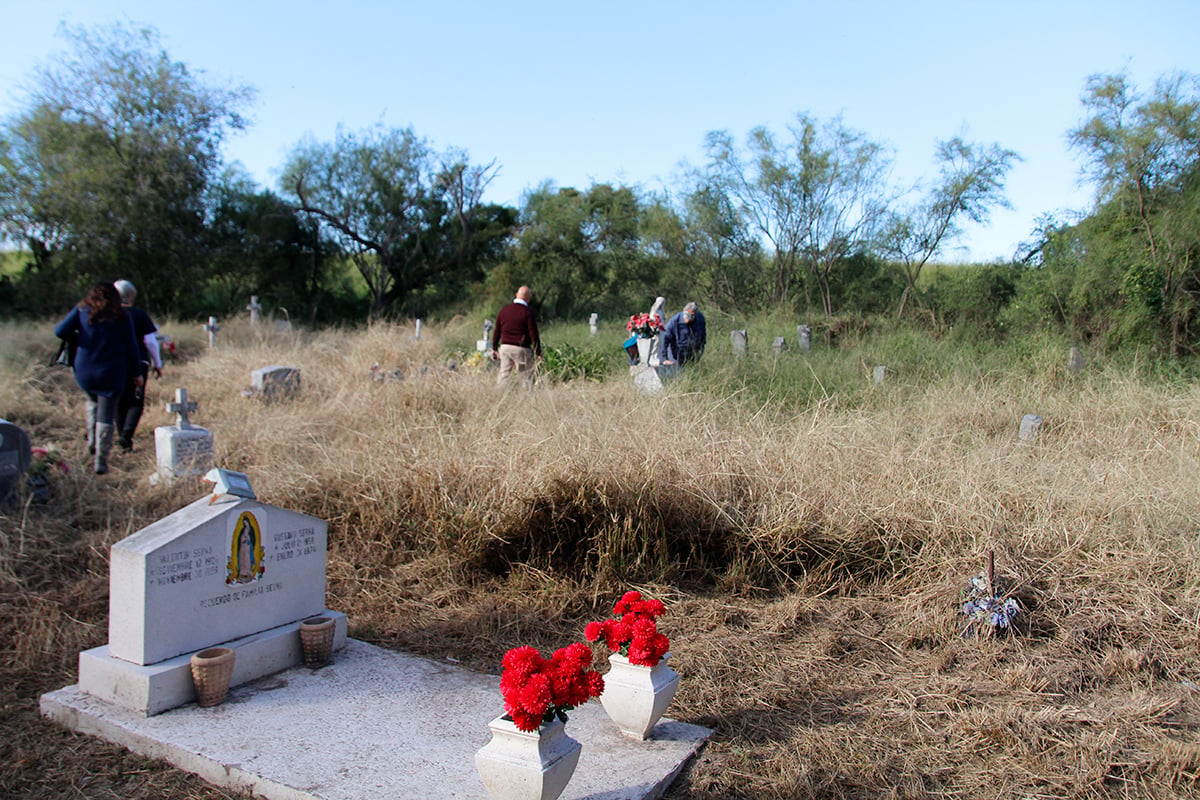
Trump’s Wall May Have to Avoid Multiple Historic Cemeteries
In a bid to protect a high-profile South Texas graveyard, Congress appears to have shielded other notable cemeteries too.

The Texas-Mexico border is not a blank slate for the projection of campaign promises. It’s a real place where some 2.5 million Texans live, love, and bury their dead.
In December, Congress passed a funding bill that included $1.375 billion for new border fencing and failed to prevent President Donald Trump from mugging other federal departments for further border wall cash. But the bill did include a new protection for border communities: Trump’s fence may not be built “within historic cemeteries.”
The cemetery exemption came on the heels of intense activism and media attention focused on a specific graveyard in Hidalgo County—the 155-year-old Eli Jackson Cemetery—that lies in the path of Trump’s wall. U.S. Representative Henry Cuellar, who claims credit for the cemetery provision, sent a press release citing the preservation of that specific graveyard in December. But the bill’s language appears broad enough to shield other cemeteries along the U.S.-Mexico border—and historic preservationists are taking notice.
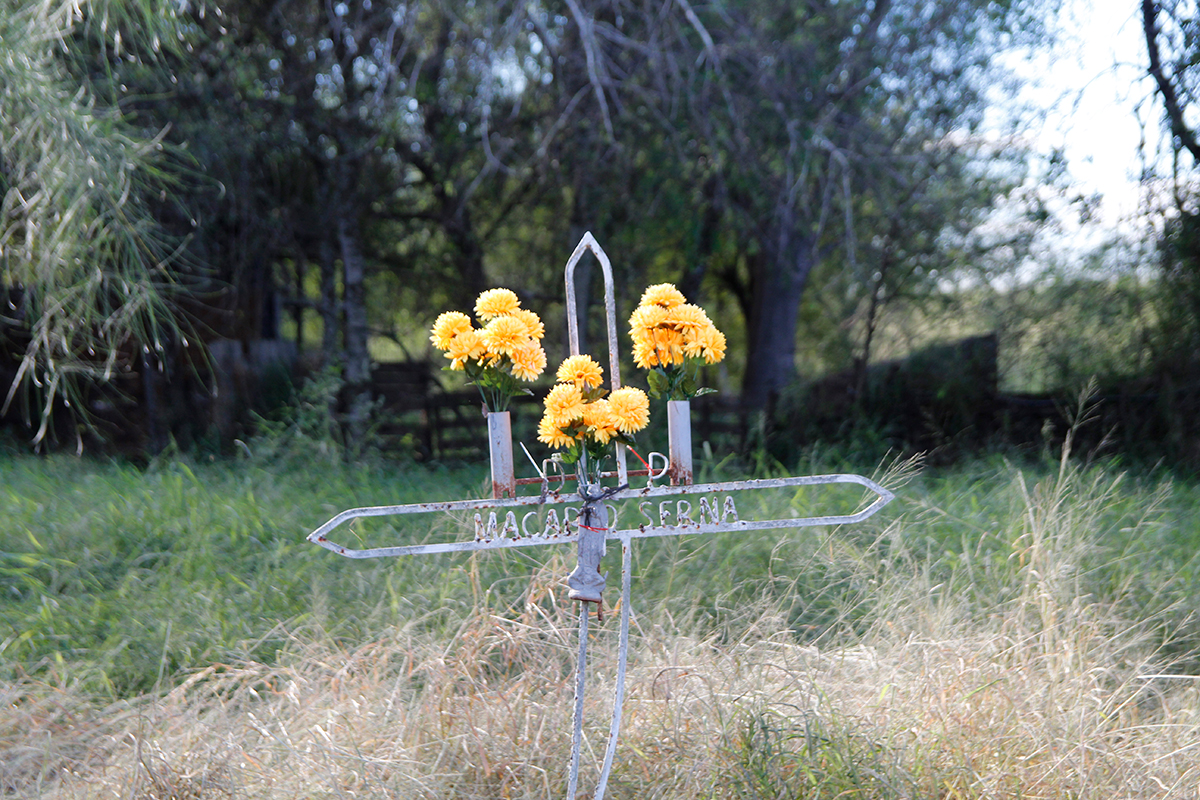
“It’s great because the language in the bill is so vague,” said Margarita Araiza, executive director of the Webb County Heritage Foundation. Araiza said there are multiple cemeteries, many dating back to the late 19th or early 20th centuries, near the Rio Grande in Webb County. Most are on private land and don’t have official state designations, but she’s working to contact property owners to apply for the status. A staunch wall opponent, Araiza called Trump’s project “a land grab.”
An Observer review of the Texas Historical Commission (THC) atlas found 10 cemeteries within about 500 feet of the Rio Grande along the Texas-Mexico border, with at least two built in or immediately adjacent to the river’s 100-year floodplain. Many cemeteries on the atlas don’t have official state designations, but they’re known to THC thanks to federal or state surveys, said agency spokesperson Chris Florance. To be deemed historic, he said, cemeteries must generally be 50 years old, historically “significant,” and somehow accessible to visitors—rules Florance said mirror federal law. The cemeteries often have few graves, and Florance said there are “certainly” historic graveyards that the state remains unaware of.
Colin Strother, a campaign spokesperson for Cuellar, said the congressman intentionally used broad language to protect “any and all” historic graveyards along the border. Strother said Cuellar expects Customs and Border Protection (CBP) to follow “the letter of the law” and avoid any such cemetery.
The prohibition might make life difficult for CBP. Take the Dolores Cemetery, on a ranch upriver from Laredo. The property appears to extend partly into the Rio Grande floodplain, according to FEMA maps. To avoid the graveyard, CBP might have to move away from the river, seizing more of the private ranchland, or toward it, building further into the floodplain than the agency might prefer—potentially jacking up construction costs and jeopardizing the longevity of the fence.
Before exempting cemeteries, Congress shielded five other locations in Texas from the border wall, which seems to have slowed CBP’s plans in certain areas. In one stretch of Hidalgo County, where a state park and a butterfly sanctuary were spared, construction is reportedly beginning about a year behind schedule.
Trump is racing to finish nearly 500 miles of new fencing by November, even taking the unprecedented step of waiving federal procurement laws for some stretches of the border. In Texas, the president has scarcely added any new wall to the 110 miles that were built by the Bush and Obama administrations, mostly in the Rio Grande Valley and the El Paso area. The government aims to build some 165 miles in Texas and recently announced plans to wall off all of Webb County and at least part of Zapata County.
CBP did not respond to a request for comment.
Find more stories about the border wall here.
Read more from the Observer:
-
Off the Texas Gulf Coast, Tugboat Crews Are Stuck on Their Boats Without Pay: Bouchard Transportation, a massive shipping firm, hasn’t paid docking fees or worker salaries, leading to a rare quandary in U.S. waters.
-
Baffled City: Exploring the architecture of gentrification.
-
In ‘Barn 8,’ an Unsparing Look at the Industrial Chicken Industry: Deb Olin Unferth’s darkly comic novel imagines a chicken heist gone wrong—and takes on the factory farming industry.
